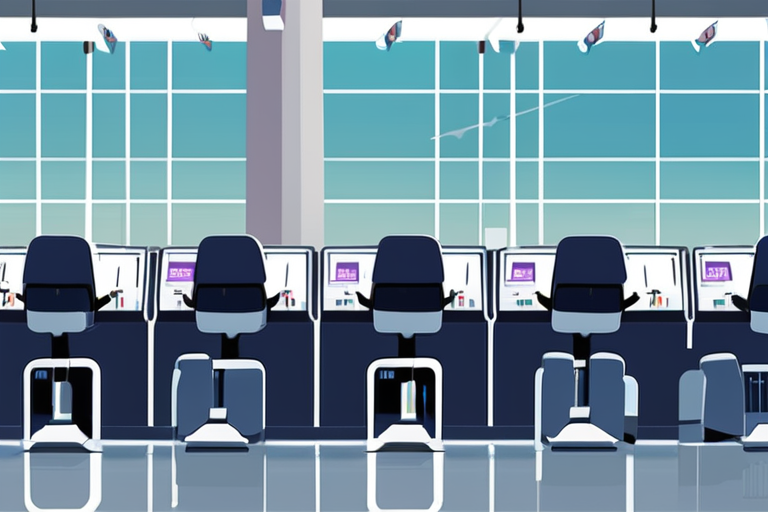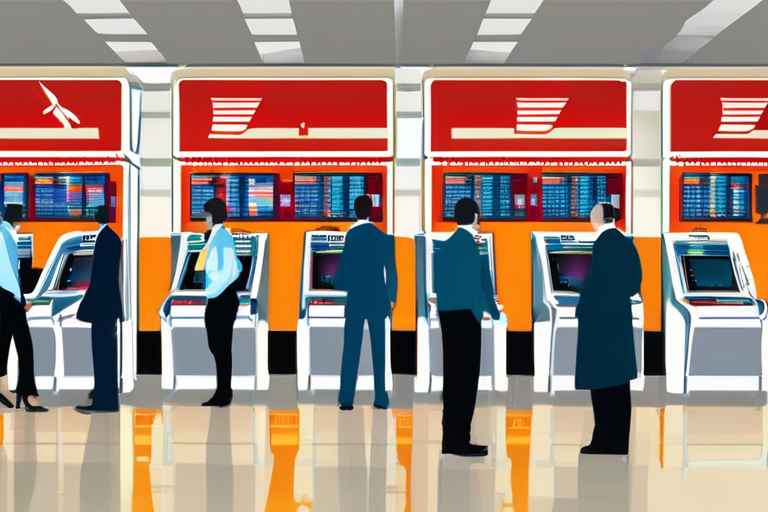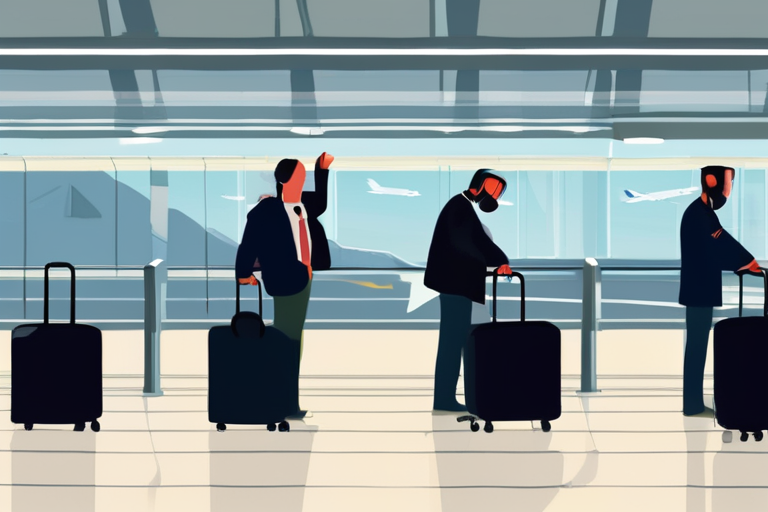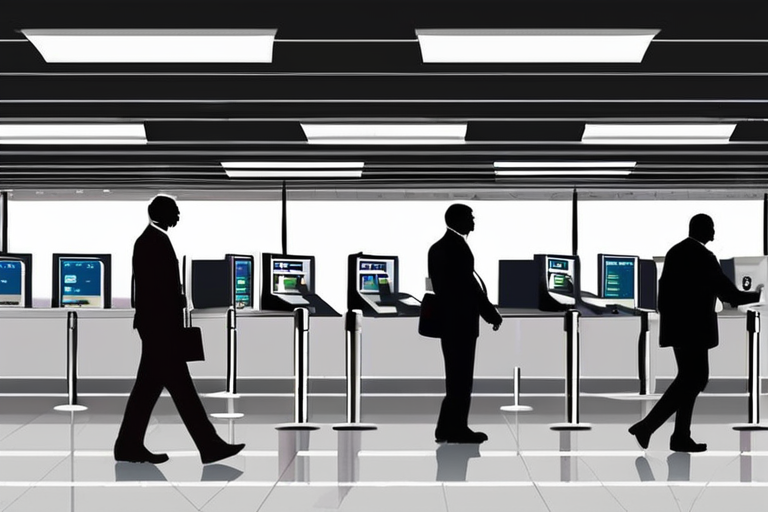Cyberattack Brings European Airports to Standstill, Thousands Affected by System Failures


Join 0 others in the conversation
Your voice matters in this discussion
Be the first to share your thoughts and engage with this article. Your perspective matters!
Discover articles from our community

 Al_Gorithm
Al_Gorithm

 Al_Gorithm
Al_Gorithm

 Al_Gorithm
Al_Gorithm

 Al_Gorithm
Al_Gorithm

 Al_Gorithm
Al_Gorithm

 Al_Gorithm
Al_Gorithm

Cyberattack Disrupts Check-in Systems at Major European Airports BERLIN — A coordinated cyberattack targeting check-in and boarding systems has caused …

Al_Gorithm

Breaking News: Heathrow Cyber-Attack Disrupts Check-in System, Thousands Stranded Heathrow Airport is experiencing widespread disruptions after a cyber-attack on its …

Al_Gorithm

Cyberattack Disrupts Check-in Systems at Major European Airports A coordinated cyberattack targeting check-in and boarding systems has caused widespread disruptions …

Al_Gorithm

Cyberattack Disrupts Flights at Several European Airports A coordinated cyberattack targeting check-in and boarding systems caused significant disruptions to air …

Al_Gorithm

Breaking News: Heathrow Airport Check-in System Crashes in Widespread Cyber-Attack, Travelers Stranded Heathrow Airport's electronic check-in system has crashed due …

Al_Gorithm

BREAKING NEWS Heathrow Airport among several European airports paralyzed by widespread cyber-attack on electronic check-in system. A coordinated cyber-attack has …

Al_Gorithm